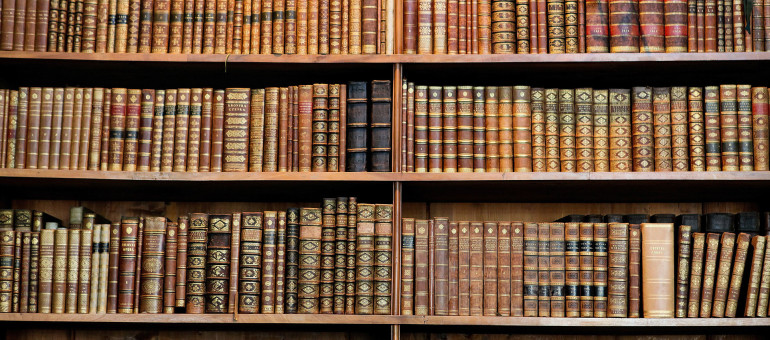Books & Morals
Good books with bad politics are not a new problem. On the contrary, the subject is one of the oldest in Western thought, going all the way back to Plato’s “Republic.” For the ancient Greeks, the “Iliad” was the ultimate good book, playing a formative role similar to that of the Bible in later times. Greek ideas about what it meant to be heroic or divine were shaped by Homer. Yet in Plato’s dialogue, Socrates observes that very often Homer represents heroes and gods doing base, cowardly and unworthy things. To provide the guardians of the perfect city with good role models, Socrates argues, Homer would have to be censored.
No one can deny that in real life, people are often wicked, and that the wicked prosper while the good suffer. But art, in Plato’s eyes, is such a powerful tool, with so much influence over human behavior, that it cannot be allowed to depict such unedifying truths. It must serve the approved moral values of its society, as Socrates insists: “We shall have to say that about men, poets and storytellers are guilty of making the gravest misstatements when they tell us that wicked men are often happy, and the good miserable; and that injustice is profitable when undetected, but that justice is a man’s own loss and another’s gain — these things we shall forbid them to utter, and command them to sing and say the opposite.”
If such statements strike us as illiberal and censorious, even dangerous, it is partly because we no longer believe so strongly in the formative power of art. Nor do we share Plato’s particular morality: his emphasis on austerity and the warlike virtues is foreign to our commercial democracy, and so we don’t particularly care whether writers praise or disparage the virtue of self-control. Plato would never have allowed a character like Shakespeare’s Falstaff — coward, braggart, deserter — on the stage. But for us, Falstaff’s love of peace and instinct for self-preservation accord quite nicely with the virtues demanded of capitalist society, and so he is a beloved character — far more sympathetic than Prince Hal, who dutifully rejects him in order to become king.
Clearly, our ideas about goodness change more rapidly than our judgments about art. Plato distrusted Homer because his heroes weren’t heroic enough; in the 20th century, Simone Weil distrusted Homer because they were too violent, and the whole epic was what she called “a poem of force.” But the “Iliad” survived their critiques, because it so vividly realizes one of the imaginative possibilities of human nature. And art will always exceed ethics, including political ethics, in the same way that the possible exceeds the desirable. Ethics is the art of limitation, of rejecting parts of our nature that we find morally intolerable. For past generations, that meant rejecting greed, lust or sloth; for us, it usually means rejecting cruelty and bigotry, which are pre-eminently political vices.
But what could be more cruel than Dante’s “Inferno,” with its sadistic vision of divine justice? What more plangently bigoted than “The Merchant of Venice,” which uses the assumption of Jewish vice to create its radiant picture of Christian virtue? Societies made in the image of these works — indeed, the societies in whose image the works themselves were made — would be utterly unacceptable to us today. But perhaps that makes the works themselves even more important, as reminders that what now appalls at one time appealed. Art tells us what we are, politics what we should be; and our ability to live with the contradiction is one measure of our freedom.
Adam Kirsch is a columnist for Tablet. He is the author of two collections of poetry and several other books, including, most recently, “Why Trilling Matters.” In 2010, he won the Roger Shattuck Prize for Criticism.
New York Times, 26 de abril de 2016

